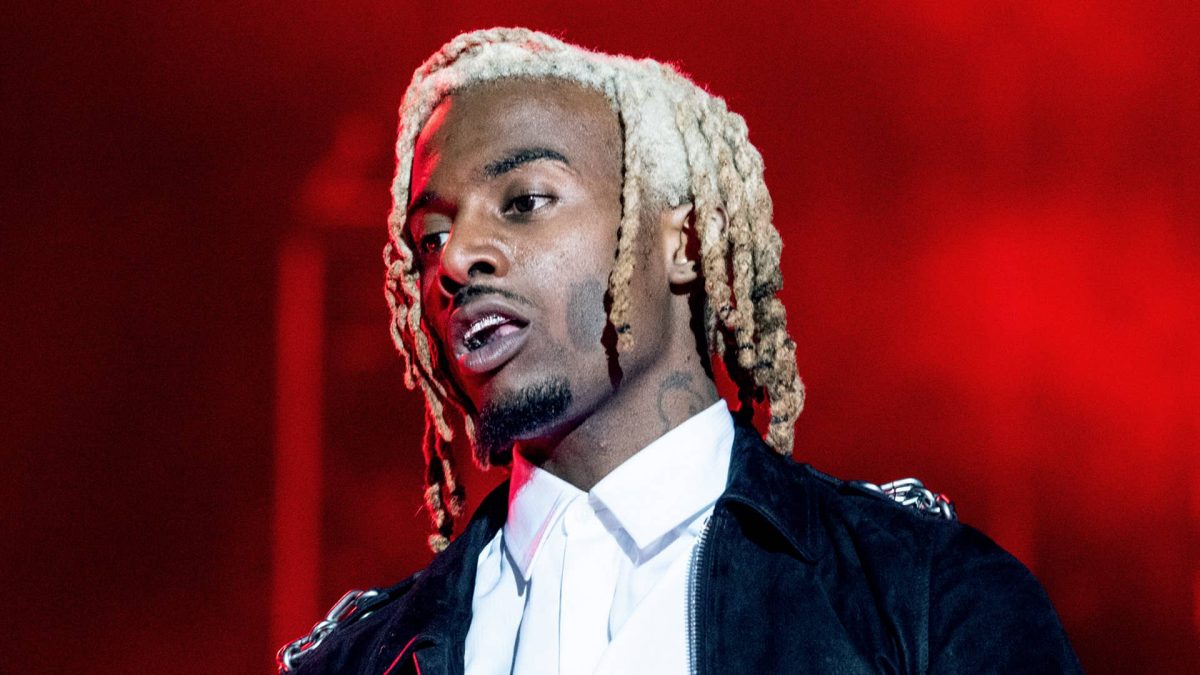Music leaks — when hackers or those in the artist’s inner-circle leak internet access to songs — have been common since the early internet and the establishment of listening platforms such as MySpace, Datpiff, and Napster.
Leaks, which are most common in hip-hop, are often approached differently by each artist. When Kanye West’s The College Dropout was leaked prior to its release in 2004, he re-imagined several tracks, rearranged the tracklist, and more. When Drake’s Thank Me Later was leaked just before its anticipated release in 2010, he gave his fans permission to listen to it in this tweet. Some artists tend to never drop leaked songs at all, even if they were planned for release previously. Artists like Nas, Lil Wayne, Pharell Williams, and Dr. Dre all became frequent victims of leaks in the 2000s. Once files are attained, they can sell for hundreds or even thousands of dollars depending on the popularity of the artist and the frequency of their releases. This also incentivizes leakers and hackers to continue with their work.
The popularity of the free-streaming-platform Soundcloud in the mid-2010s also added to the frequency of leaks in hip-hop music, and provided a free space for anyone to upload and listen to popular leaks. The rise in artists like Young Thug, Lil Yachty, Lil Uzi Vert, Playboi Carti, and Kodak Black through the platform resulted in hundreds attempting to hack into artists’ and their associates’ emails and find any unreleased songs. It wasn’t uncommon for people to bribe those in the targeted artist’s inner circle to leak a few tracks, either. It became extremely common for hip-hop albums to leak in entirety in the 2010s up to months before their anticipated release.
When an artist rarely releases music, they are generally more prone to leaks, as their fans get more desperate. And, as demand increases, so does the price of each leaked track, which makes hackers feel more motivated to leak music. Dr. Dre, A$AP Rocky, Baby Keem, Kendrick Lamar, Ski Mask the Slump God, and Playboi Carti have all fallen victim to multiple leaks with huge amounts of songs in their careers, likely due to the infrequency of their releases.
Works by deceased artists are perhaps leaked most frequently, since they typically have infrequent or nonexistent posthumous releases. Mac Miller has had hundreds of songs leaked following his death in 2018. Pop Smoke, Lil Keed, 2Pac, Takeoff, and more have all had many songs leaked after their passings, which also often ruins any future releases planned by the artists’ families, estates, and labels.
When an album is leaked before it is even announced, or shortly after, it often ruins the excitement of the release and any planned rollout. Artists must strategically avoid timing the announcement and release of their albums in attempts to avoid leaks. Additionally, when a track is leaked online, the artist cannot make profit, as it is not being streamed on an authorized platform. Since leaks are free to listen to, many continue to choose to listen to them rather than streaming the tracks even after they release.
Leaking music raises many ethical questions, too. Of course, it’s very disrespectful and morally wrong to leak the works of a deceased artist. And, although there’s lots of money to be earned in the shady music-leaking business, one must also consider that leaking music can affect the artistic visions, future releases, and financial success of any artist.
Leaks are still very common today in rap music. Ken Carson’s A Great Chaos was leaked about one month before its release. Many of The Alchemist’s unreleased projects, like Long Beach Chemistry with Vince Staples and 4 MY DAWGS with Earl Sweatshirt, have been leaked in full online. Atlanta rapper Young Nudy has had over 200 of his songs stolen and leaked. In 2022, Future and 21 savage were victims to an infamously huge leak. And, just one week ago today, Travis Scott, Gunna, and more had a combined 400+ songs leaked in a type of sale called a “group buy,” in which listeners from around the world can each pitch in some money to help reach a target. The money goes directly to the leakers, and once the target is reached, all the songs are leaked to the public. The pools of money can go for tens or even hundreds of thousands of dollars.
The easiest way for artists to avoid music leaks is to keep all of their files on hard drives – which, of course, also comes at the risk of potentially losing all their work and the expense of not being able to share files easily. Although they’ve given listeners lots of great music that might have otherwise never been given to the public, and they’ve also gotten less common in recent years, leaks are still a nuisance and an obstacle that all hip-hop artists must consider before dropping. Hopefully, cybersecurity continues to improve in future years so that artists can protect their work from any leaks hereafter.














